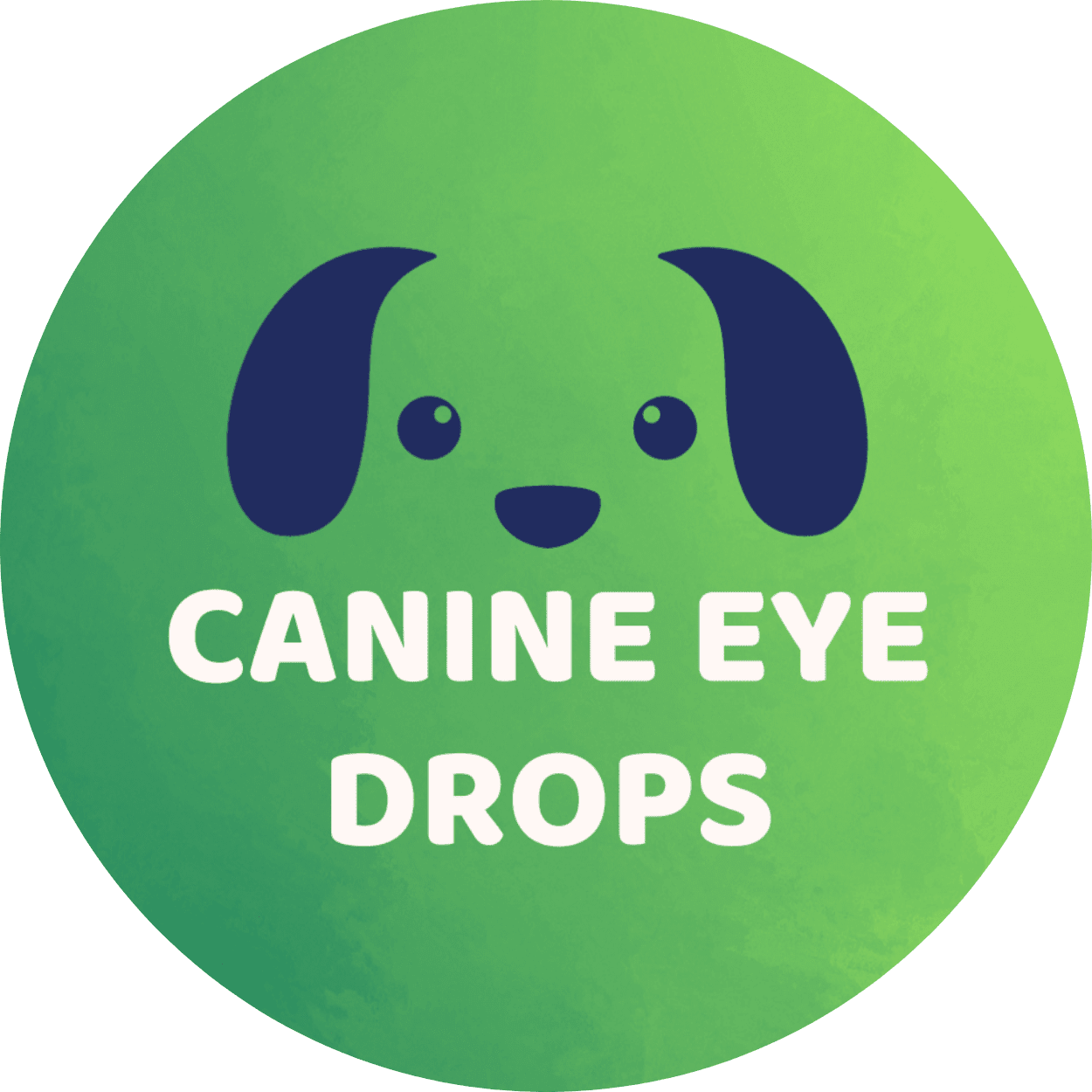
A Clear Vision: Understanding Common Eye Issues in Dogs

Posted Jan 4th, 2024
As devoted pet owners, it's only natural to want the best for our canine companions. We cherish their companionship, their loyalty, and their unwavering love. One vital aspect of our dogs' well-being that deserves special attention is their eyesight. Dogs rely heavily on their vision to navigate the world around them, and any issues with their eyes can significantly impact their quality of life. In this article, we will explore some common eye problems that dogs may encounter, shedding light on their symptoms, causes, and potential treatments.
Conjunctivitis: The Red-Eye Syndrome
Conjunctivitis, often referred to as "pink eye," is a common eye condition in dogs. It is characterized by redness and inflammation of the conjunctiva, the thin membrane that covers the whites of the eyes. Symptoms may include redness, discharge, squinting, and pawing at the eyes. Conjunctivitis can be caused by allergies, irritants, infections, or underlying health issues.
Cataracts: Clouding the View
Cataracts in dogs are similar to those in humans. They involve the clouding of the eye's lens, leading to impaired vision. Cataracts can be hereditary or develop due to factors like age, diabetes, or trauma. Symptoms include a cloudy appearance in the eye, difficulty seeing in low light, and behavioral changes. Surgical removal of cataracts is often recommended for improving vision.
Glaucoma: The Silent Thief of Sight
Glaucoma is a serious eye condition characterized by increased pressure within the eye. It can be painful and, if left untreated, can lead to blindness. Symptoms include redness, excessive tearing, squinting, and a cloudy cornea. Early diagnosis and treatment are crucial to managing glaucoma and preserving vision.
Dry Eye Syndrome: When Tears Run Dry
Dry eye syndrome, also known as keratoconjunctivitis sicca (KCS), occurs when the eyes do not produce enough tears to keep them moist. This can lead to discomfort, redness, discharge, and corneal ulcers. Certain breeds are more prone to KCS, and treatment typically involves artificial tears and medications to stimulate tear production.
Corneal Ulcers: A Painful Affliction
Corneal ulcers are painful sores on the surface of the eye's cornea. They can result from trauma, foreign objects, or underlying eye conditions. Symptoms include squinting, excessive tearing, redness, and sensitivity to light. Prompt treatment is essential to prevent complications.
Cherry Eye: A Swollen Surprise
Cherry eye is a condition where the gland of the third eyelid prolapses, creating a swollen, red mass in the corner of the eye. While it is not typically painful, it can lead to discomfort and irritation. Surgical correction is often necessary to reposition the gland.
Entropion: Turning Inward
Entropion is a condition where the eyelids roll inward, causing the eyelashes to rub against the cornea. This can result in irritation, redness, and corneal damage. Surgery is usually required to correct entropion and prevent further complications.
Ectropion: Turning Outward
Ectropion is the opposite of entropion, where the eyelids turn outward, exposing the inner eyelid and conjunctiva. While it may not be as painful as entropion, it can lead to eye infections and excessive tearing. Surgical correction is sometimes necessary.
Retinal Diseases: The Window to Vision
Retinal diseases can affect a dog's vision by damaging the retina, the light-sensitive tissue at the back of the eye. Conditions like progressive retinal atrophy (PRA) can lead to night blindness and eventually complete vision loss. While there is no cure for these genetic conditions, early detection can help manage the progression of the disease.
Eyelid Tumors: A Growing Concern
Eyelid tumors in dogs can manifest as growths or masses on or around the eyelids. While not all eyelid tumors are cancerous, they can obstruct vision and cause discomfort. Surgical removal and biopsy are often necessary to determine the nature of the tumor.
Trauma: A Sudden Threat
Accidental trauma to the eye, such as scratches, foreign objects, or blunt force injuries, can cause immediate damage and potential long-term complications. Any eye injury should be promptly examined by a veterinarian to assess the extent of damage and determine appropriate treatment.
Allergies and Irritants: A Seasonal Challenge
Dogs can experience eye irritation and redness due to allergies or exposure to environmental irritants. These issues are often seasonal and can be managed with antihistamines, eye rinses, or avoiding allergens.
Preventing Eye Problems: The Role of Careful Grooming
Regular grooming and cleaning of your dog's face and eyes can help prevent some eye problems. Keeping hair away from the eyes and using a damp, clean cloth to gently wipe the area can reduce the risk of irritation and infection.
The Importance of Regular Eye Exams
Routine eye exams by a qualified veterinarian are essential for monitoring your dog's eye health. Early detection of eye conditions can lead to more effective treatments and better outcomes.
Canine-Eye-Drops.com: Your Trusted Resource
At Canine-Eye-Drops.com, we understand the significance of your dog's vision in their overall quality of life. We are committed to providing valuable information, insights, and solutions to support your pet's eye health. Our platform aims to empower dog owners with knowledge to make informed decisions regarding their furry companions' well-being.
For more information, guidance, or to explore our platform, please visit Canine-Eye-Drops.com. If you have any inquiries or wish to reach out to us, please feel free to contact us at [email protected] . We are here to assist you on your journey to ensuring that your furry friends see the world clearly and thrive. Your dog's vision matters, and we're here to help you make it the best it can be.
Get in Touch
Feel free to reach out to us using the contact form below. We're here to answer any questions you may have and provide assistance for your canine companion's eye health journey. Your furry friend's well-being is our top priority.
Send us an email
[email protected]